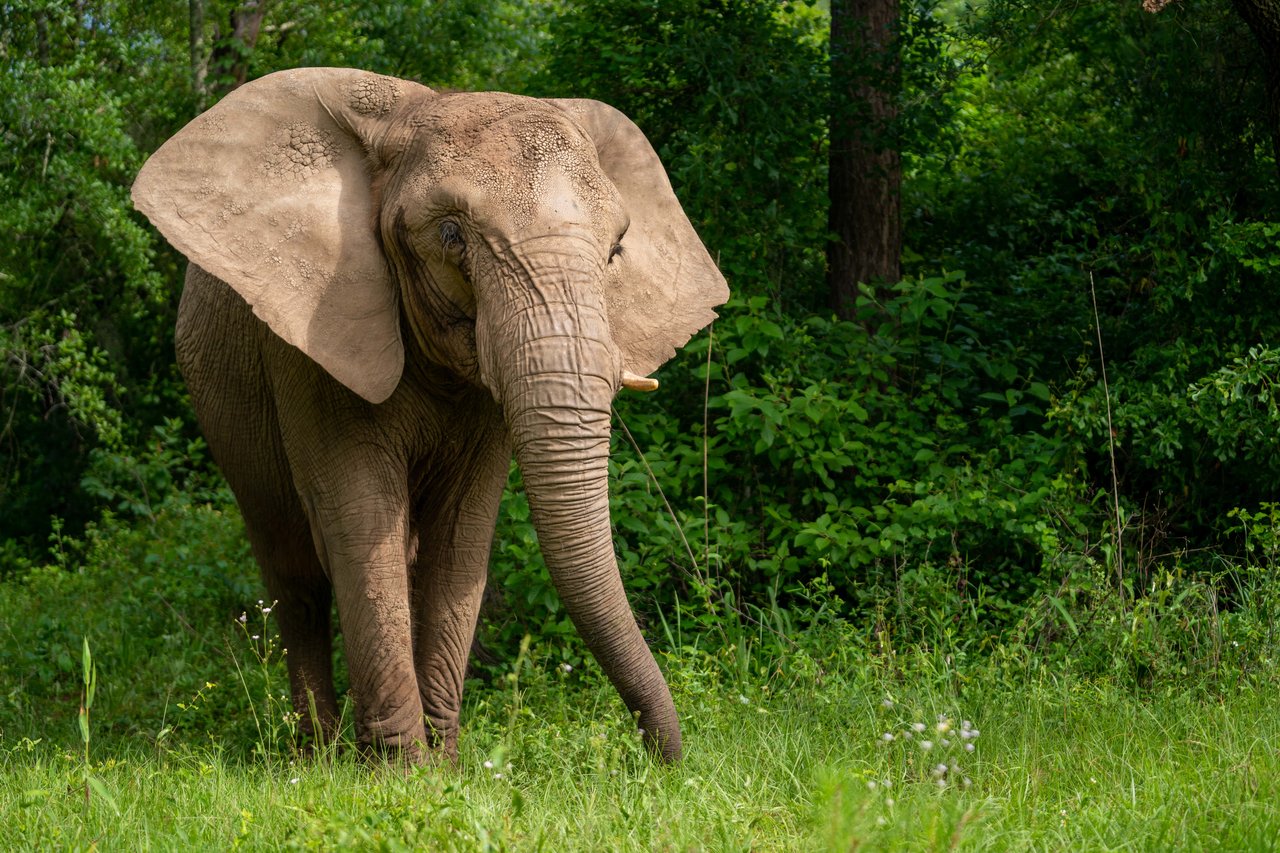We worked in Mikumi and Tarangire National Parks in Tanzania for six years. They are natural elephant habitats that are close to local farmland. This can cause problems for farmers in these areas as the elephants often eat or crush maize, sorghum, and watermelon crops, sometimes destroying a whole year’s income. To protect their livelihoods, farmers may respond with extreme measures that can injure or kill elephants – like poisoning crops they know elephants will eat. So we’re working to provide practical, low cost, and sustainable solutions that keep elephants safe and protect crops.
Elephants and Communties Colliding
Mikumi and Tarangire National Parks in Tanzania are natural elephant habitats that are close to local farmland. This can cause problems for farmers in these areas as the elephants often eat or crush maize, sorghum, and watermelon crops, sometimes destroying a whole year’s income.
To protect their livelihoods, farmers may respond with extreme measures that can injure or kill elephants – like poisoning crops they know elephants will eat.
Farmers in Mikumi built new fences and hung new hives – and farmers in neighbouring communities have started doing the same. We also worked with farmers on ways to reduce conflicts with local lions, leopards, hyena and livestock.
We’re encouraging local governments and authorities to introduce similar solutions elsewhere. And we recently helped the Tanzanian government write new legislation on reducing conflict between wild animals and communities.
